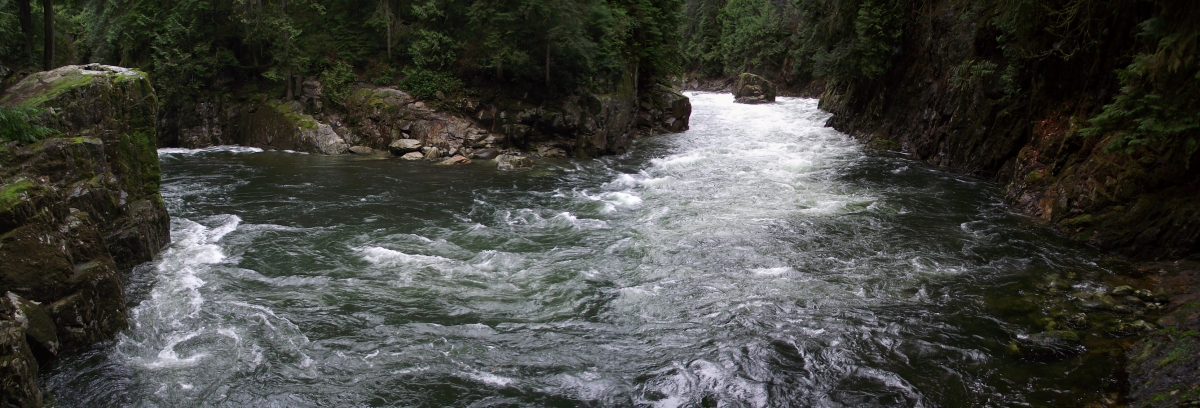Intro Script:
Welcome this Decolonizing Water podcast – the World Water Day roundtable on CiTR. In this talk, we’ll ask what happens if people put protection of water first and foremost as their priority? How would BC’s planned fossil fuel expansion and hydro-dam expansion impact watershed health and Indigenous rights? What does reconciliation that honours water as life look like, and what kinds of actions can everyday people take to protect water?
In this podcast, we’ll hear from Audrey Siegl, Carleen Thomas, Helen Knott & Caleb Behn.
Decolonizing Water is a SSHRC funded project — that is the Social Science and Humanities Research Council. Decolonizing Water is partnering with the University of British Columbia to create a prototype of an Indigenous-led community based water monitoring program that is rooted in Indigenous law. The project aims to create tools that support Indigenous communities to implement Indigenous water laws. Decolonizing Water also aims to create suggestions for reforms to colonial water law that would enable it to make room for Indigenous water laws.
The World Water Day roundtable event is taking place on the traditional, ancestral and unceded lands of the Coast Salish people, and was recorded and broadcasted live on CiTR 101.9FM from Emily Carr University. We aim to make space for voices from local Indigenous communities. We strive to be mindful of the continued presence of Indigenous Peoples in their territories, and our relationship to one another as we do our work to decolonize water governance.
My name is Lisa Girbav, I am a Research Assistant for Decolonizing Water based out of the UBC Vancouver campus. The technical recording was managed by Jon Kew and myself. Nikita Day edited this talk into the podcast.
Today we will be honouring World Water Day with a roundtable discussion between Audrey Siegl, Carleen Thomas, Helen Knott and Caleb Behn.
Audrey Siegl is an independent activist from the traditional territory of the Musqueam. She is active on grassroots environmental and social justice political front line movements. Audrey has worked on raising awareness on housing issues in Vancouver’s Downtown East Side. She’s also worked on initiatives to protect the Arctic from oil drilling and to stop grizzly bear trophy hunting.
Carleen Thomas works as a member of the Tsleil-Waututh Nation’s Treaty Lands & Resources as the Relationships & Protocol Agreements Coordinator. She’s served on Chief and Council for the Tsleil-Waututh Nation (TWN) for over 16 years. She has represented TWN on the aboriginal advisory boards of North Vancouver School District #44, Capilano University, and Simon Fraser University.
Helen Knott is Dane Zaa and Nehiyawak from the Prophet River First Nation in British Colombia. She’s an activist and poet-writer working for Indigenous land rights in Canada. Helen focuses a lot of her work on the relationship between resource extraction and violence against Indigenous women.
Caleb Behn is Eh-Cho Dene and Dunne Za/Cree from the Treaty 8 Territory of Northeastern BC. He has a law degree from the University of Victoria, and is the subject of the documentary film Fractured Land.
Here is the roundtable discussion for World Water Day from the Emily Carr campus in Vancouver.
